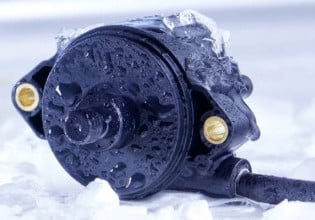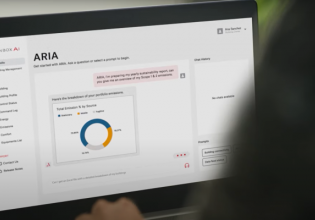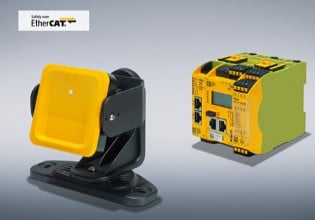B
In Our GE Frame 9E gas turbine self pulsating inlet air filters are there.
We are using the pulsation irrespective of the Filter DP. but I think for the best efficiency of the filter, there should be some optimum filter DP, above which the only the pulsation should be carried out for best efficiency of filter. Using pulsation at less DP will decrease the filter efficiency,thus quality of Air...
Am I right????
Can any one tell me how the efficiency of inlet air filter depend upon the inlet air filter DP?
And what should be the cut off limit of Filter DP for best air quality?
Regards,
BSJhala...
We are using the pulsation irrespective of the Filter DP. but I think for the best efficiency of the filter, there should be some optimum filter DP, above which the only the pulsation should be carried out for best efficiency of filter. Using pulsation at less DP will decrease the filter efficiency,thus quality of Air...
Am I right????
Can any one tell me how the efficiency of inlet air filter depend upon the inlet air filter DP?
And what should be the cut off limit of Filter DP for best air quality?
Regards,
BSJhala...






